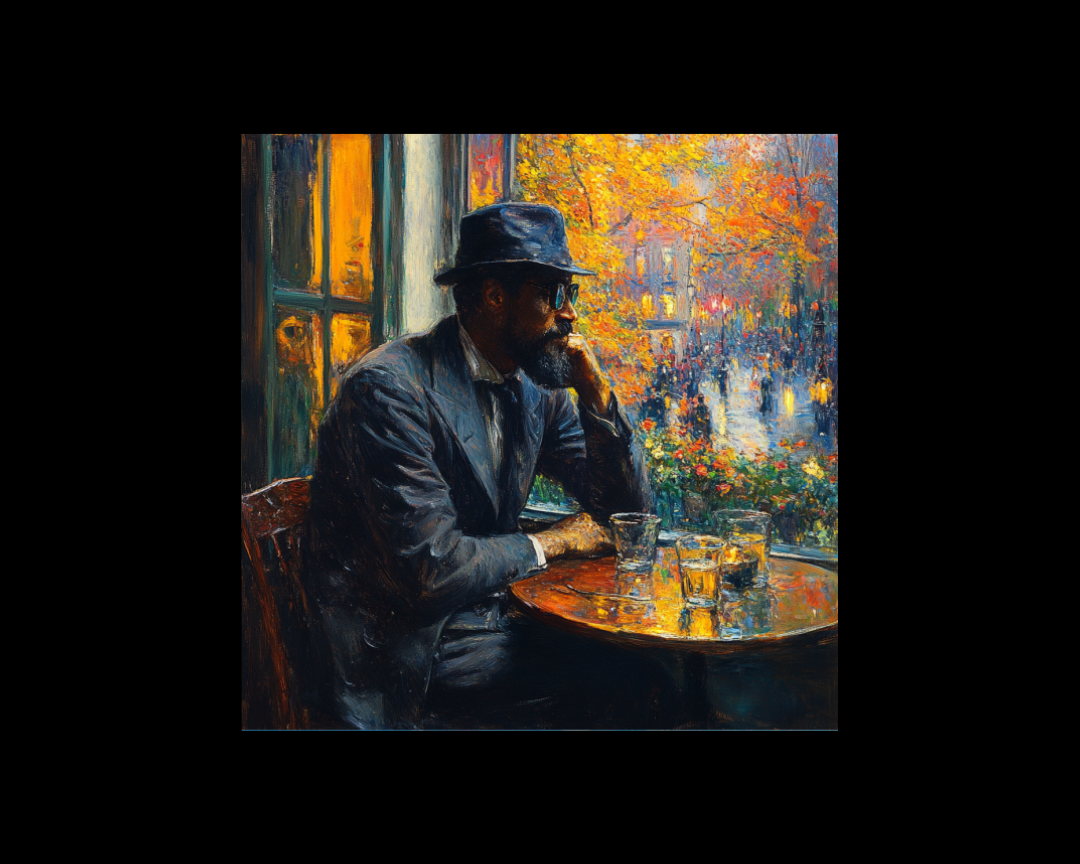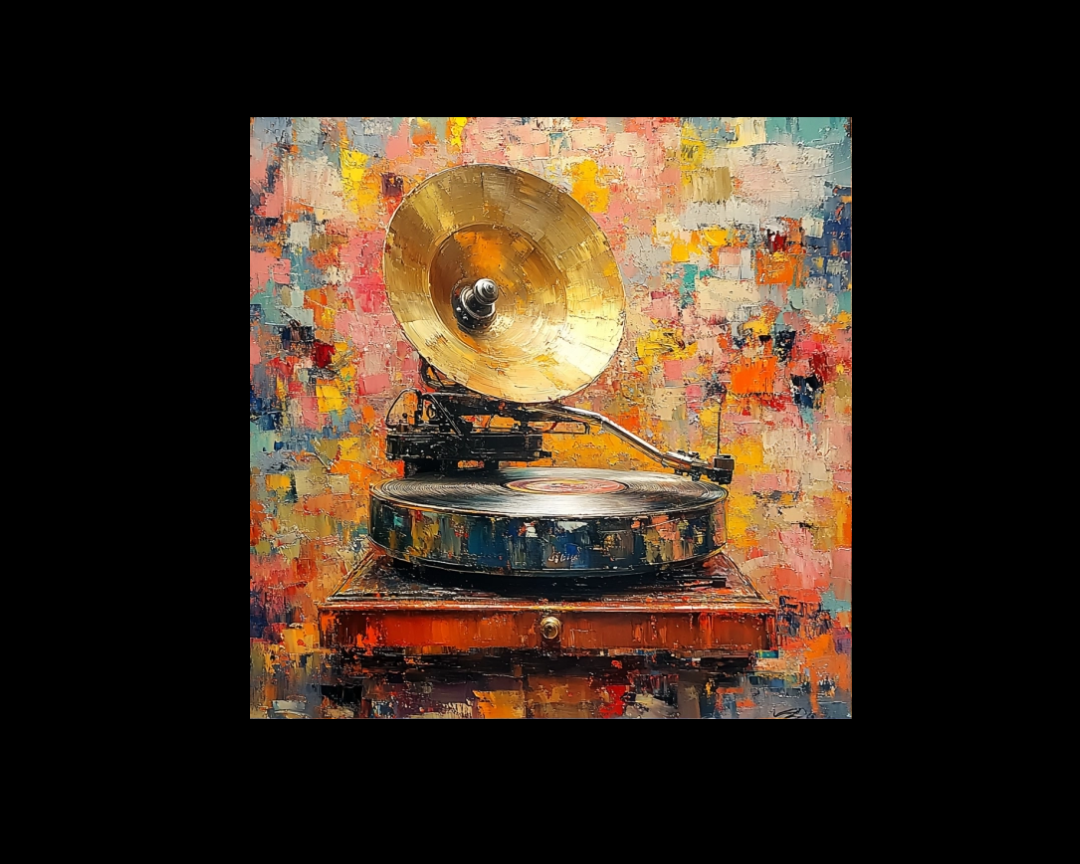A Farewell to Hemingway’s Rules for Writing
It was printed on the wall in brilliant block letters. “What is popular is not always right. What is right is not always popular.” This phrase is...

The blank page can feel particularly daunting when your brain works differently from what most writing advice assumes. For neurodivergent writers, traditional writing methods often feel like trying to fit square pegs into round holes. But here's the truth: your unique way of processing the world isn't a handicap—it's potentially your greatest strength as a writer.
Every writer's path is different, but neurodivergent authors often face unique challenges that can make the writing process feel like navigating a maze blindfolded. Whether you're dealing with ADHD's constant carousel of ideas, autism's sensory sensitivities, or dyslexia's textual challenges, the key isn't forcing yourself to write "normally"—it's building a writing practice that works with your brain instead of against it.
The difference between struggling and thriving often comes down to having the right tools and strategies in place. Think of what follows as a buffet of options—take what works for you and leave the rest.
Most writing advice assumes a one-size-fits-all approach, but neurodivergent writers know better. Your perfect writing setup might look completely different from another author's, and that's exactly as it should be.
The key is experimentation and observation. Pay attention to when you're most productive and what environmental factors contribute to your success. Some writers thrive in complete silence, while others need background noise to focus. Some need physical paper and pen, while others work best with specialized software.
Physical Tools:
Think of these tools not as crutches, but as instruments in your creative orchestra. Just as a musician needs the right instrument to play their best music, you need the right tools to tell your stories.
For many neurodivergent writers, particularly those with ADHD, maintaining motivation can feel like trying to fill a leaky bucket. The trick isn't to plug all the holes—it's to keep the water flowing consistently.
Creating a dopamine strategy isn't about cheap tricks or quick fixes. It's about understanding how your brain's reward system works and designing a writing practice that keeps you engaged and motivated.
Short-term Rewards: Every small win counts. Think of your writing session as a video game—you want enough "power-ups" to keep playing, but not so many that they distract from the main quest.
Long-term Engagement: The key to maintaining interest in a long project is building excitement into the structure of your story itself. This isn't just about plot—it's about creating a writing experience that keeps you coming back for more.
Burnout is a particular risk for neurodivergent writers, who often spend significant energy just managing daily life. The writing process can quickly become overwhelming if we don't build in proper safeguards.
Think of your energy like a smartphone battery—you need to know both your capacity and your typical usage patterns. Just as importantly, you need to recognize when you're running low before you hit zero.
Prevention Strategies: Prevention is always easier than recovery. Building sustainable practices from the start will save you from the exhaustion of constantly pushing yourself too hard.
Understanding your limitations isn't about setting artificial boundaries—it's about recognizing the natural rhythms and patterns of your brain. Some writers can work for hours at a stretch; others do their best work in 20-minute bursts. Neither approach is inherently better—what matters is what works for you.
Time management for neurodivergent writers often requires creative solutions. Instead of fighting against your natural patterns, learn to work with them. If you know you can only focus intensely for 30 minutes, don't try to force yourself to write for two hours straight.
Your writing needs will change over time, and that's okay. What works brilliantly one month might feel impossible the next. The key is building a diverse collection of strategies and being willing to switch them up when needed.
Think of your writing process as a living thing that needs regular attention and adjustment. Keep what works, discard what doesn't, and always be open to trying new approaches.
Success as a neurodivergent writer isn't about forcing yourself to write like everyone else. It's about embracing your unique perspective and finding ways to share it with the world. Your different way of thinking isn't just valid—it's valuable. The world needs stories that see things differently, that make unexpected connections, that show us new ways of understanding human experience.
Remember that every published book you've ever read was written by someone who found their own way to get the words onto the page. Your way might look different, and that's exactly as it should be. The only "right" way to write is the way that works for you.
Start small. Experiment often. Be patient with yourself. And most importantly, keep writing. Your stories matter, and the world needs your unique voice.

It was printed on the wall in brilliant block letters. “What is popular is not always right. What is right is not always popular.” This phrase is...

Tone in writing is the attitude or emotional character that the author conveys through their words. It's a crucial element that can dramatically...

Writing fiction can be particularly challenging, as it involves not just putting words on paper but crafting a story that captivates readers from...